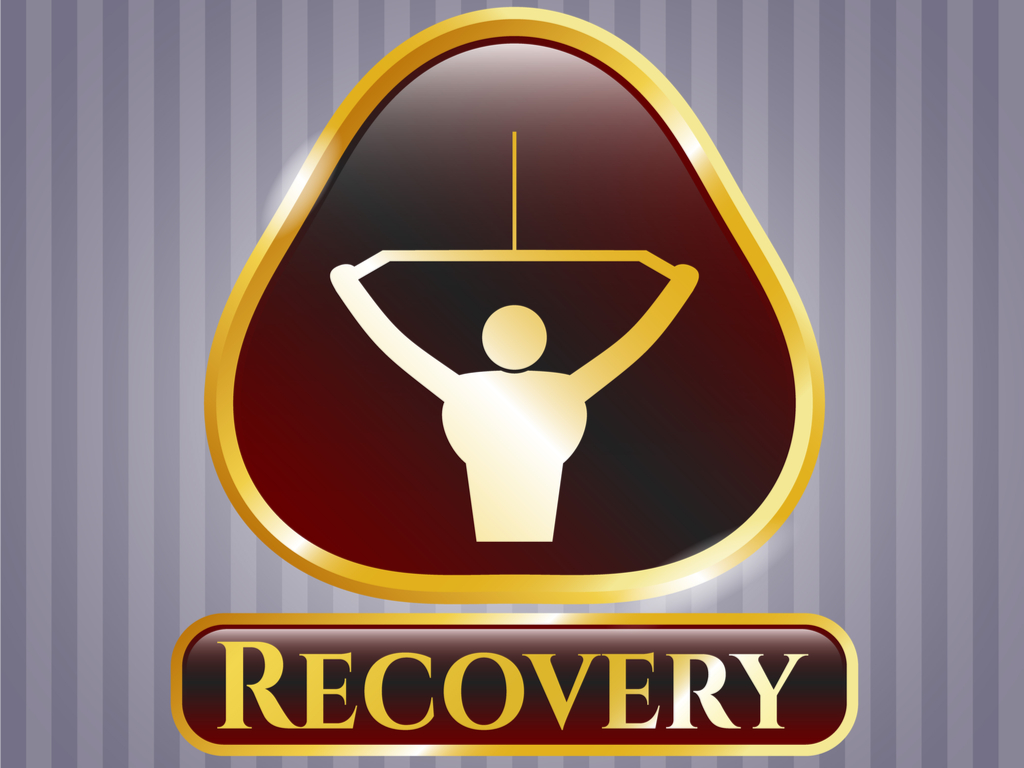Benefits of Exercise For Addiction Recovery


Here are five of the benefits of exercise for addiction recovery.
The most commonly misused substances, such as alcohol and opiates, cause damage to the immune system. Those with substance abuse problems also lose track of their health. A compromised immune system means you’ll get sick more often, which hampers your focus and motivation for recovery.
Moderate exercise helps boost the immune system. A better immunity is always a good thing, but it’s particularly beneficial for recovering addicts.
Getting regular exercise helps to regulate sleeping patterns better. Exercise may be particularly important for people with sleep disorders caused by withdrawal. Getting more high-quality sleep is particularly important because many people turn to substances like alcohol and benzodiazepines to help them sleep.
Anxiety and depression are common with substance abuse disorders. Whether they be caused by the substance or the addiction itself, they are severe barriers to recovery. The problems are acutely bad during the early days of recovery. While alleviating anxiety and depression isn’t enough to eliminate substance abuse by itself, it does form an integral part of conventional therapy. Reducing stress and depression also reduces reliance on medication, which helps in the overall recovery process.
Relapse is the worst thing that can happen to a recovering addict. It means having to start the process from scratch again, and not many can get over what they see as an intense personal failure. Several studies show that exercise helps to reduce the risk of relapse in recovering patients. Some studies cite success rates of over 90% for recovery, so long as the recovering addict continues to exercise.
One reason that exercise helps s much goes back to the previous point. There’s no better cure for anxiety and depression than exercise. Exercising normalizes and regulates hormone levels, including endorphins, dopamine, and serotonin. These hormones help keep your mood up and control anxiety and depression symptoms. Another likely reason that exercising helps is that it restructures reward pathways in the brain, so your brain relies less on drugs to feel “normal.”
Stress is one of the most common reasons people turn to – and abuse – substances. Unfortunately, substance use is almost always unsustainable for long-term stress management. Substance abuse causes all manner of physical and mental problems that go beyond what stress alone can do. The good news is that regular exercise is just as good, if not better, for reducing stress. Exercising reduces cortisol and adrenaline levels. Exercise also stimulates the production and release of mood-elevating endorphins, leaving you feeling happy and relaxed without the need to use drugs or alcohol.
According to my kids I'm a obsessed with eating healthy, circuit training and Yoga. Oh I'm also the geek who keeps the website running smoothly
Online Assets LTD t/a Gabbro Health
Registered office: 20-22 Wenlock Road London N1 7GU
Company Number: 10517403
VAT Number: 257763859
As an Amazon Associate, ebay Partner Network partner and a publisher member of third party affiliate platforms Online Assets LTD t/a Gabbro Health earns from qualifying purchases.
| Cookie | Duration | Description |
|---|---|---|
| cookielawinfo-checbox-analytics | 11 months | This cookie is set by GDPR Cookie Consent plugin. The cookie is used to store the user consent for the cookies in the category "Analytics". |
| cookielawinfo-checbox-functional | 11 months | The cookie is set by GDPR cookie consent to record the user consent for the cookies in the category "Functional". |
| cookielawinfo-checbox-others | 11 months | This cookie is set by GDPR Cookie Consent plugin. The cookie is used to store the user consent for the cookies in the category "Other. |
| cookielawinfo-checkbox-necessary | 11 months | This cookie is set by GDPR Cookie Consent plugin. The cookies is used to store the user consent for the cookies in the category "Necessary". |
| cookielawinfo-checkbox-performance | 11 months | This cookie is set by GDPR Cookie Consent plugin. The cookie is used to store the user consent for the cookies in the category "Performance". |
| viewed_cookie_policy | 11 months | The cookie is set by the GDPR Cookie Consent plugin and is used to store whether or not user has consented to the use of cookies. It does not store any personal data. |
